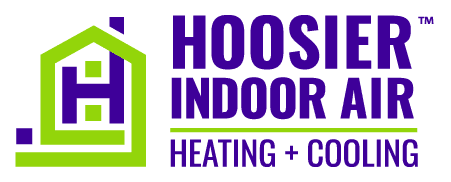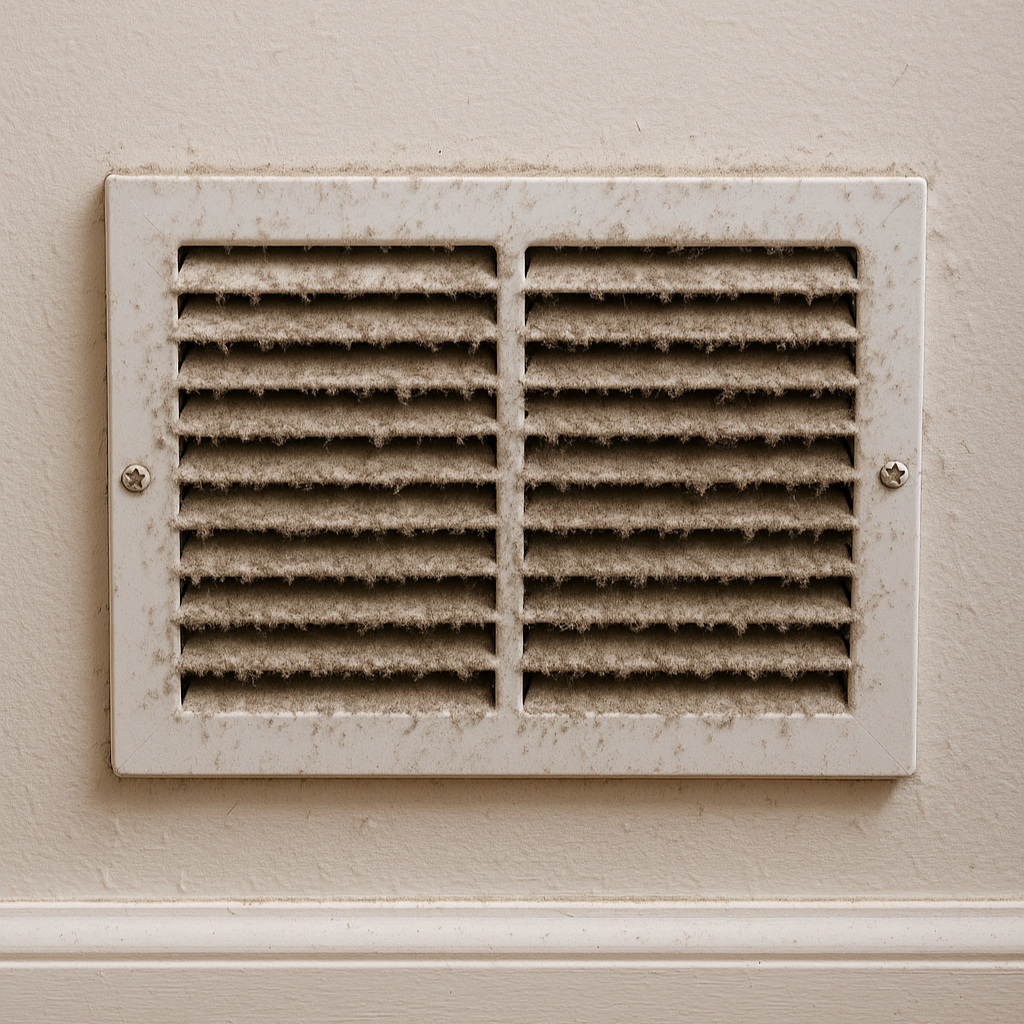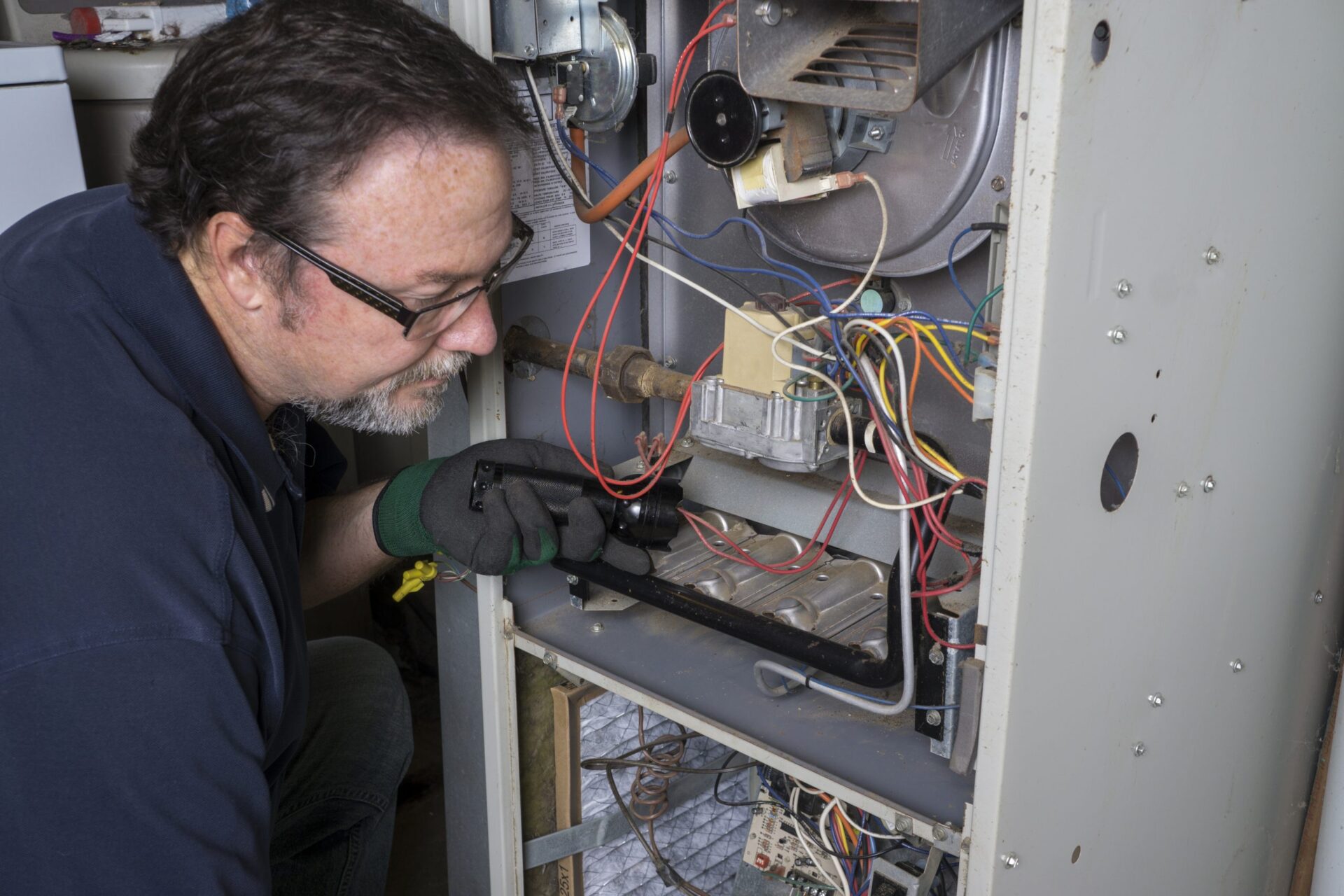“It feels like a no-brainer: close off rooms you’re not using, and your AC won’t have to work as hard, right? Not so fast.”
In Indiana, where summers can swing from pleasant to blazing hot in a matter of days, homeowners are always looking for ways to cut cooling costs. One of the most common “hacks” people try is to close vents in unused rooms—thinking it will redirect air to occupied areas and lower their energy bills.
On the surface, it makes sense. But behind the scenes, this seemingly smart move can actually make your home less comfortable, drive up your energy bills, and even shorten the life of your HVAC system.
Let’s dig into what actually happens when you close vents, when it might be okay, and what to do instead if you want better comfort and efficiency this summer.
Why Homeowners Close Vents in the First Place
It Sounds Logical
Most people assume that closing AC vents in unused rooms will concentrate airflow into the parts of the house they’re actually using. Fewer rooms to cool = less energy = more savings, right?
Unfortunately, this approach often backfires.
What Your AC System Was Actually Designed to Do
Your HVAC system was sized and balanced based on the full layout of your home. When you close off rooms, it throws off that balance—causing pressure problems and inefficient airflow that the system simply wasn’t built to handle.
What Really Happens When You Close Vents in Unused Rooms
1. Duct Pressure Goes Up—And So Does Air Leakage
Closing vents doesn’t stop your system from producing the same amount of air. That air still has to go somewhere. When a vent is closed, the pressure in your ductwork increases, and that air finds a way out—usually through leaks and cracks you can’t even see.
According to ENERGY STAR, the average home already loses up to 30% of conditioned air through duct leaks. Closing vents only makes this worse, meaning more wasted air and less cooling where you actually want it.
2. Higher Bills Instead of Lower Ones
If you’ve ever asked, “Does closing vents save money?”, the honest answer is: probably not. In fact, it can do the opposite.
Blower motors often have to work harder to overcome the added pressure from closed vents, especially if you have an ECM (electronically commutated motor) system. That means more energy use—not less.
3. Reduced Airflow Can Lead to Frozen Coils
When air isn’t moving properly through your system, your evaporator coil can freeze. That starts a domino effect of problems—including restricted cooling, water damage, and even compressor failure, which is one of the most expensive repairs you can face.
Not exactly the outcome you were hoping for when you closed that guest room vent.
What About Specific Rooms Like Basements or Upstairs?
Basement Vents
Basements stay naturally cooler in the summer, so closing vents may seem harmless. And in moderation—say, for a day or two—it might be. But closing basement vents long-term can cause uneven cooling, moisture buildup, and mold problems.
If you do it, rotate which vents are closed, and make sure airflow isn’t totally restricted.
Second-Floor or Unused Bedrooms
Closing vents upstairs is tempting when trying to cool the main living areas. But if warm air gets trapped up there, it can bleed back down into the rest of your home—forcing your AC to run longer than needed.
Better Ways to Improve Comfort and Efficiency
If closing vents in unused rooms isn’t the answer, what is? Here’s how you can actually reduce energy use without compromising your system.
Use a Zoning System or Smart Vents
With zoning, your HVAC system can deliver custom comfort to different areas of the house—without disrupting airflow or pressure. Smart vent systems also allow controlled airflow adjustments, rather than full closures.
Improve Insulation & Sealing
Especially in Indiana homes with older attics or crawlspaces, poor insulation is often the real culprit behind uneven temperatures. Fix that, and you may not even want to close vents.
Set Your Thermostat Wisely
A programmable or smart thermostat can help you cool your home when you’re there, and ease up when you’re not—automatically. No vents need to be closed to save money.
Regular HVAC Maintenance
Dirty coils, clogged filters, or blocked return vents can mimic poor airflow and make you feel like your home isn’t cooling right. Preventative AC tune-ups help your system perform its best—even on the hottest days.
Final Verdict: Keep Vents Open, Optimize Instead
To answer the big question: Should you close vents in unused rooms during summer?
No, not if you want long-term comfort, efficiency, and system health.
While it seems like a quick energy-saving tip, closing AC vents in unused rooms can actually cause uneven temperatures, increased energy bills, and even major AC damage over time.
Instead, use smarter solutions—like system zoning, proper insulation, and regular maintenance—to stay cool and save energy the right way.
Need Help Balancing Comfort in Your Indiana Home?
We’re based in McCordsville and proudly serve Fishers, Geist, Noblesville, and surrounding Central Indiana communities. At Hoosier Indoor Air, we help homeowners solve airflow and energy issues with solutions that work—not myths that cost you more.
Call (317) 466-7437 or Schedule an Appointment today!







